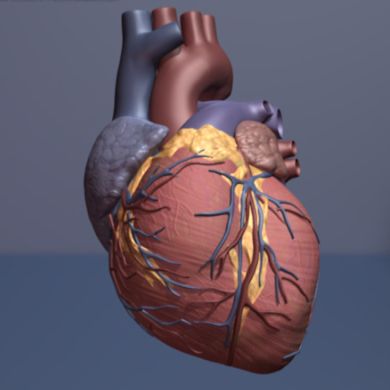Researchers at the Icahn School of Medicine at Mount Sinai have demonstrated that stem cells derived from the placenta known as Cdx2 cells can regenerate healthy heart cells after heart attacks in animal models. The findings, published in the May 20 issue of Proceedings of the National Academy of Sciences (PNAS), may represent a novel treatment for regenerating the heart and other organs.
“Cdx2 cells have historically been thought to only generate the placenta in early embryonic development, but never before were shown to have the ability to regenerate other organs, which is why this is so exciting. These findings may also pave the way to regenerative therapy of other organs besides the heart,” said principal investigator Hina Chaudhry, MD, Director of Cardiovascular Regenerative Medicine at the Icahn School of Medicine at Mount Sinai. “They almost seem like a super-charged population of stem cells, in that they can target the site of an injury and travel directly to the injury through the circulatory system and are able to avoid rejection by the host immune system.”
This team of Mount Sinai researchers had previously discovered that a mixed population of mouse placental stem cells can help the hearts of pregnant female mice recover after an injury that could otherwise lead to heart failure. In that study, they showed that the placental stem cells migrated to the mother’s heart and directly to the site of the heart injury. The stem cells then programmed themselves as beating heart cells to help the repair process.









Comments are closed.